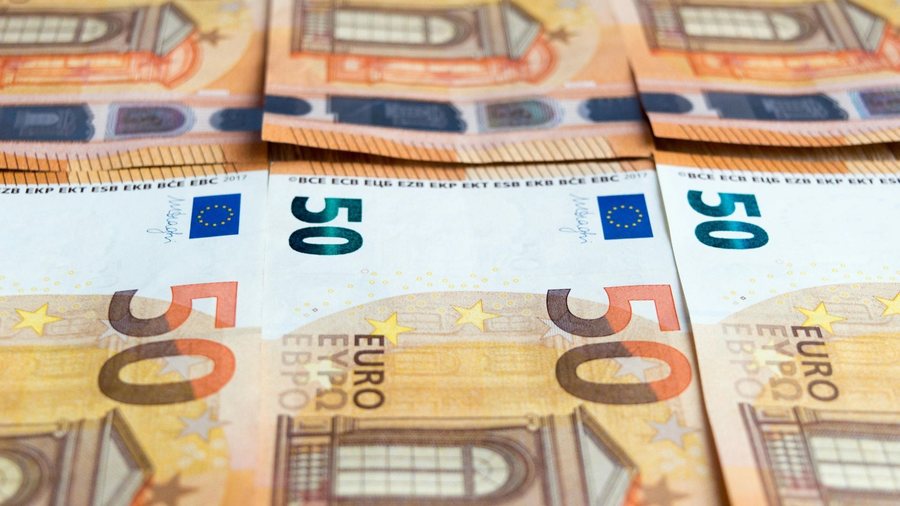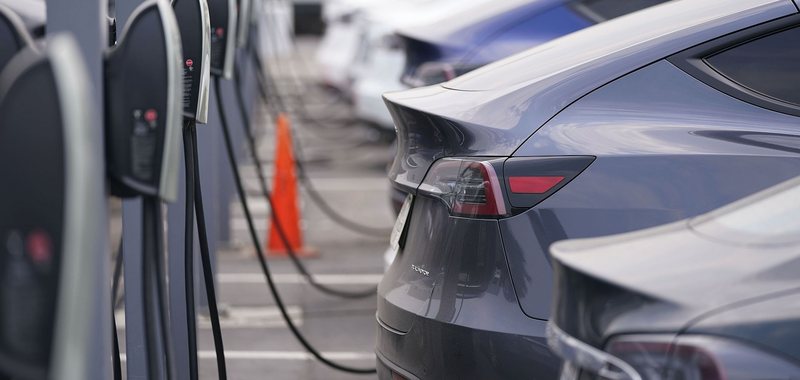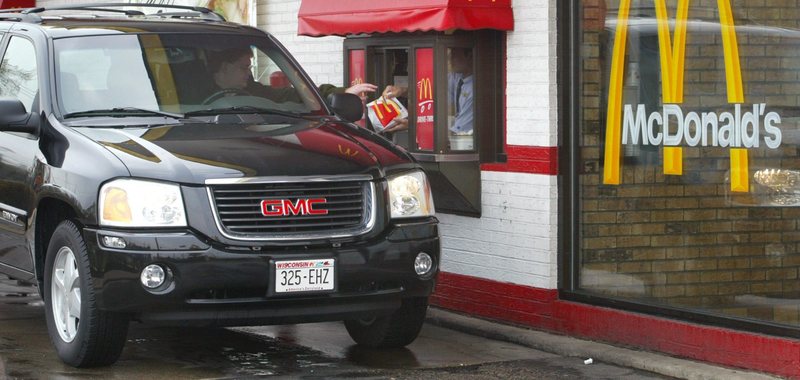Is Spain banning the use of 50 euro banknotes?

There is a massive online rumor that Spain is getting rid of the 50 euro note after news emerged claiming that it was on the verge of disappearing. According to online reports, the banknote's days are numbered as it will be withdrawn in April and that there is no going back. The news on the subject has since been removed, but not before sparking panic that the move would have a detrimental effect on the pockets of thousands of citizens.
However, the claims are not true: The Central Bank of Spain has confirmed that it has not ordered the withdrawal of any banknotes, that all banknotes can continue to be used as usual, and that none of them will lose their value.
She explained where the confusion may have come from: as part of its daily activities, the central bank routinely checks the authenticity and quality of notes returned by credit institutions. Banknotes and coins deemed unfit are withdrawn, destroyed and replaced with new ones, while those in good condition are put back into circulation.
The Bank of Spain said it does this for all denominations, not just the 50 euro, and stressed that even if a banknote is damaged, it does not lose its value and can be exchanged for a new one. “ One reason to keep banknotes in good condition is to make it easier to check their security features ,” the bank said. “Although banknotes are made to last, they usually show signs of wear over time from regular use.”
Indeed, other news reports have been published making this distinction slightly: they say that only a few 50 euro notes will be withdrawn from circulation, rather than a general ban, and explain how old and worn-out banknotes can be exchanged.
Similar false claims have also been circulating in Italy, notably claiming that the European Central Bank (ECB) is banning 50-euro notes in April as part of a strategy to combat money laundering and terrorist financing. However, Italian fact-checkers have now debunked these rumors, stating that neither the ECB nor the Bank of Italy have made any such decision.
The ECB stated that: " Neither the Banco de España nor any other central bank within the euro area has ordered the withdrawal of any euro banknotes or coins. All euro banknotes retain their value and remain in circulation." Rumors of the withdrawal of banknotes are fueled by an overarching disinformation narrative that European countries are trying to abandon cash and replace it with a digital euro.
Some claim that doing so would hand over control of citizens' money to authorities, allowing them to block transactions and have a greater role in people's spending. However, the ECB and other central banks in Europe have repeatedly assured that any digital currency would complement cash, not replace it.
Why replacing banknotes improves financial security
Experts say it is perfectly normal for financial institutions to withdraw and destroy old, damaged banknotes to protect themselves from criminal activity.
"Regular updates of banknotes and their security features are common practice for any central bank," said Rainer Böhme, professor of security and privacy at the University of Innsbruck in Austria. "The practice in the Eurosystem is that old banknotes remain valid payment instruments. There is no need to replace the money under the mattress."
“To my knowledge, every commercial bank does this before restocking ATMs ,” he added. “Which denominations are replaced with priority depends on the trends observed in counterfeiting.” The reason €50 notes tend to be more prone to tampering is that they are easier for criminals to handle in bulk, according to Michael Levi, professor of criminology at Cardiff University in Wales, UK.
“ Of course, the larger the denomination, the easier it is for criminals to store them because they require less space and weight for the value, although they will have to exchange lower denomination notes for 50 euros, as it is unlikely that drug buyers will have them, ” he said.
"Denominations higher than €50 in some jurisdictions may appear suspicious and difficult to exchange," he continued. "Perhaps damaged €50 notes may be more difficult for people to distinguish whether they are genuine or not, and more difficult for automated teller machines to analyze, or they may be more likely to be damaged by the lifestyle of street criminals."

How has this week started for the major currencies?!
The US dollar has started the week negatively again, losing points compared to the week before, as it was bought this Monday at 86.7 lek and sold at 89......

“Life and Death” / “GOCAT” brings Faton Kryeziu's personal experiences about the Kosovo War!
The largest contemporary art gallery in Tirana, “GOCAT”, created by the Mane Foundation, has opened its doors to the newest exhibition, “Life and Death”, by......

AAPSK doubles income from property leasing for the first quarter of 2025!
The Agency for the Administration of Sequestered and Confiscated Assets (AAPSK) doubles revenues from the rental of seized and confiscated properties for the......

Gonxhja: Albania with the lowest historical unemployment rate!
The Minister of Economy, Culture and Innovation, Blendi Gonxhja, announced today that based on official statistics, "Albania has marked another historic......

EU and China in talks on electric cars - Consider setting minimum prices and eliminating tariffs
The European Union and China have agreed to consider setting minimum prices for electric vehicles made in China, instead of tariffs imposed by the EU last......

Around 1.3 billion euro payments with AIPS - BoA: In the first quarter, 20% more transactions through this system
The first three months of 2025 have been quite positive for the AIPS EURO system, with a significantly higher number and value of transfers than in......

Fewer illegal constructions in 2024 - 1130 illegal buildings were officially verified across the country
Last year, 1,130 illegal constructions were officially detected across the country. According to the report of the General Prosecutor's Office, this figure......

Auto tariffs "punish" Americans - US manufacturers' costs will increase by $108 billion
A new analysis from the Center for Automotive Research has found that President Donald Trump's 25% tariffs on vehicles, imposed in early April, will increase......


















